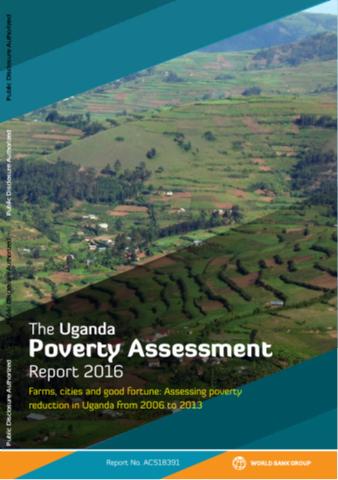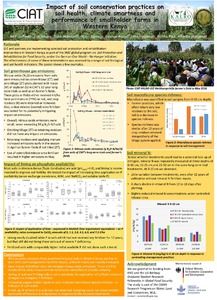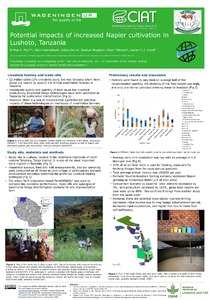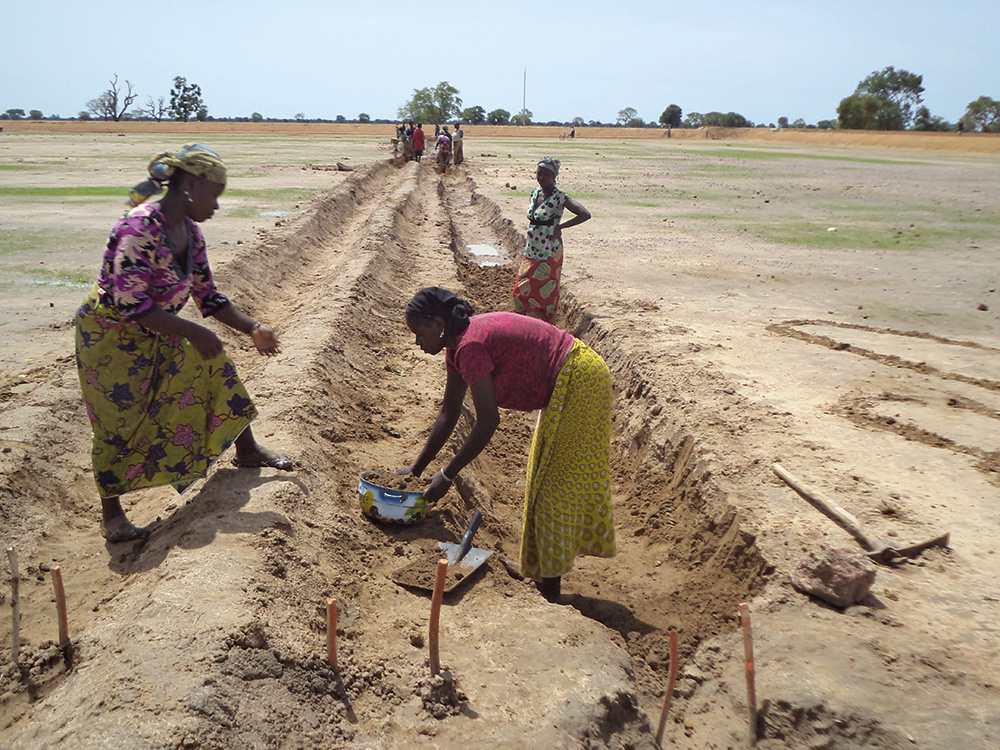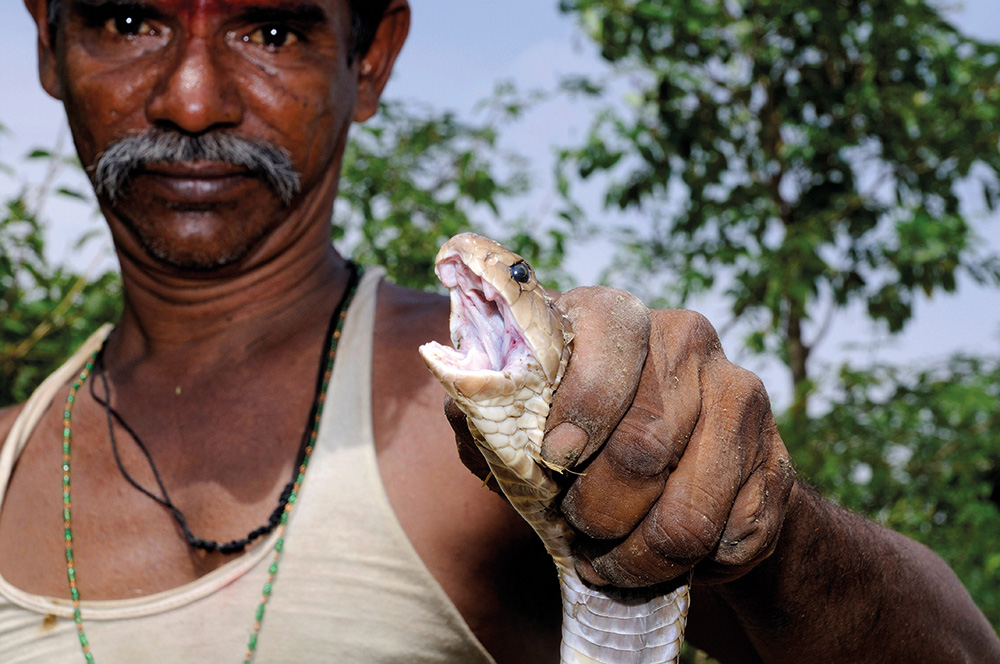Case Study: Farmer–Herder Conflicts in Burkina Faso, Côte d’Ivoire and Ghana
This chapter is a case study that tests hypotheses in order to determine if political factors can reduce violence in cases of climate-change-induced or -aggravated agro-pastoral conflicts over natural resources. Three West African countries were selected because of their common socio-economic and environmental characteristics and because they host comparable farmer–herder conflicts: Burkina Faso, Côte d’Ivoire and Ghana. The level of farmer–herder conflicts is estimated to have risen between 1960 and 2000 in the three countries.


